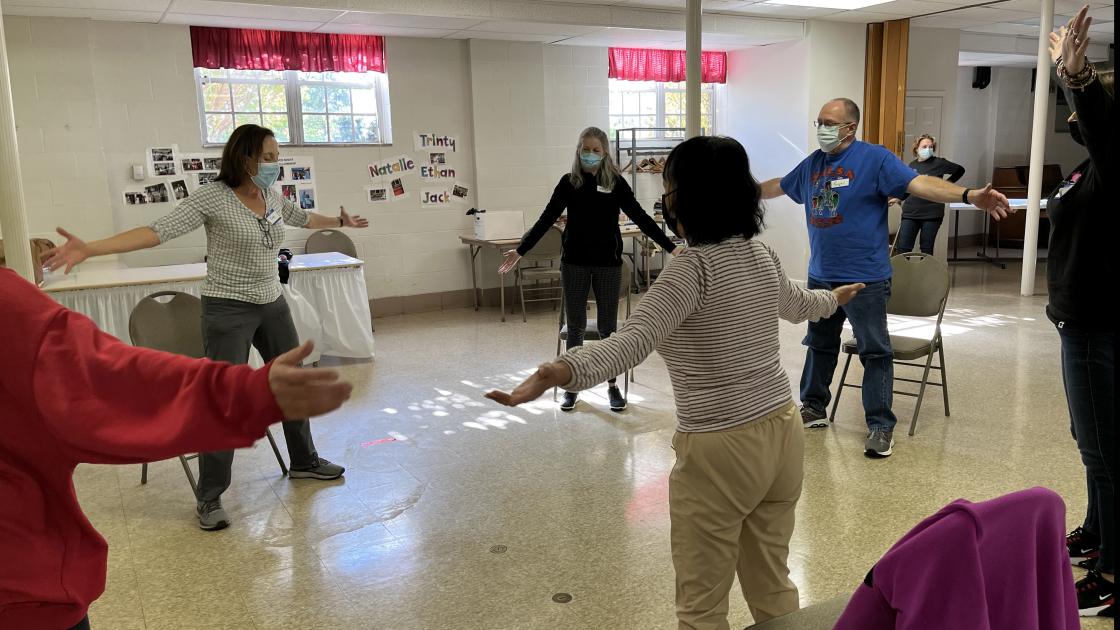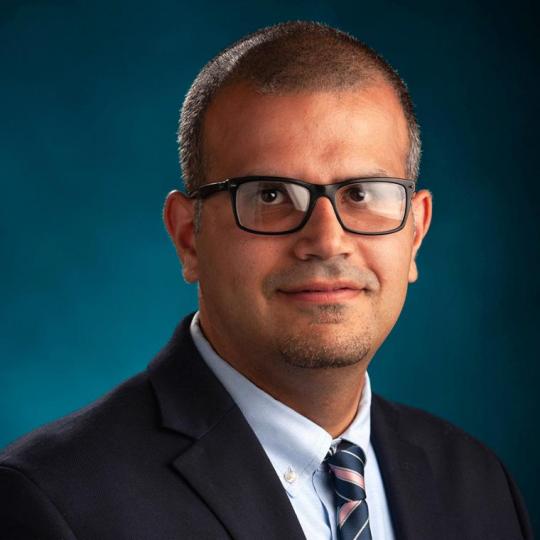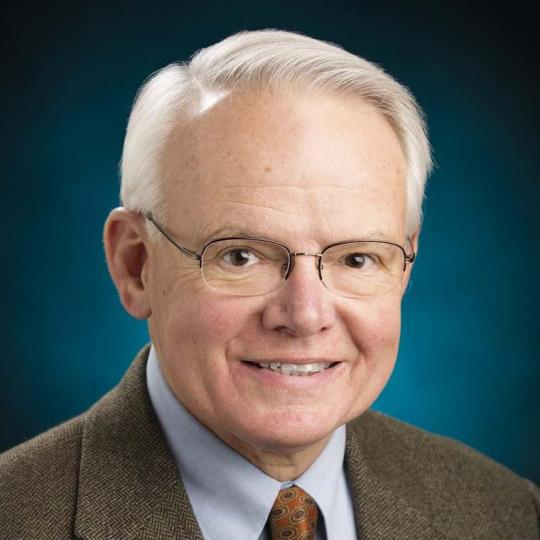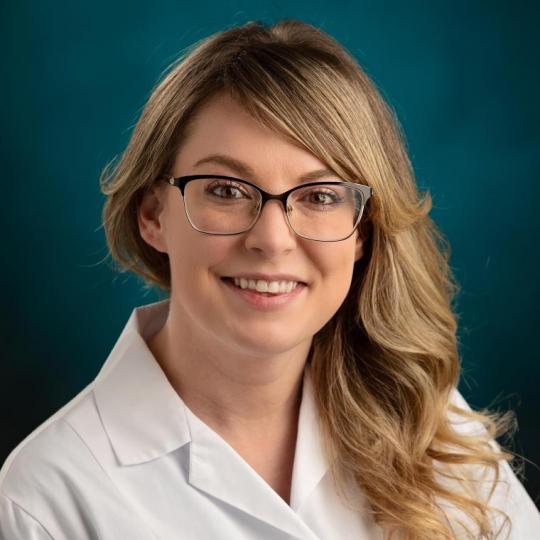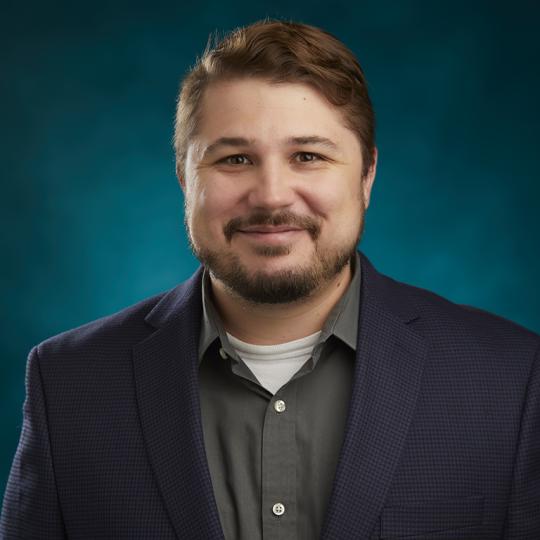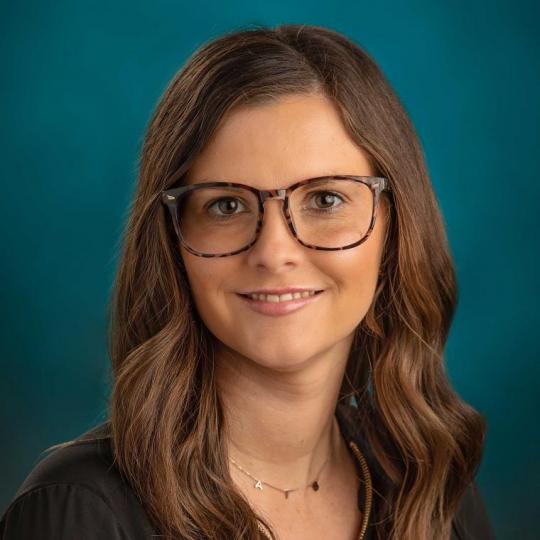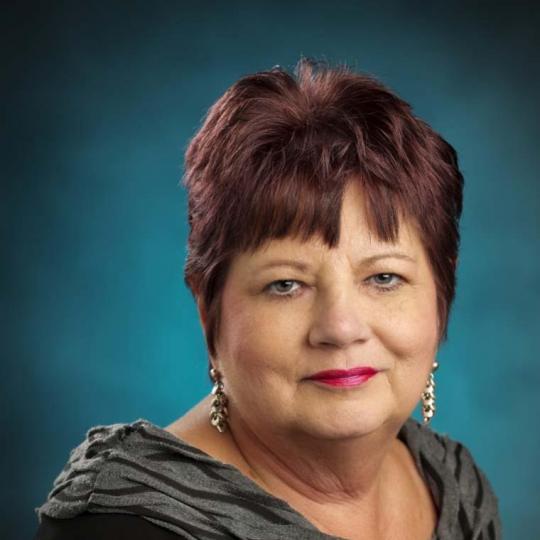
Parkinson's Disease
The Parkinson’s Disease Center includes medical and surgical care and therapies for a variety of movement disorders and is closely allied with the Division of Neurosurgery for deep brain stimulation surgery and monitoring.
Overview
Parkinson's disease is a progressive disorder of the nervous system. It most commonly affects movement.
Tremor is the most common symptom of Parkinson's disease, but it is also known to cause stiffness or slowing of movement. Medications can help control the symptoms of Parkinson's. Psychiatric treatment may also help alleviate the emotional distress that frequently accompanies the disease.
Parkinson's Disease
Parkinson’s disease is a progressive disorder that is caused by degeneration of nerve cells in the part of the brain called the substantia nigra, which controls movement. These nerve cells die or become impaired, losing the ability to produce an important chemical called dopamine. Studies have shown that symptoms of Parkinson's develop in patients with an 80 percent or greater loss of dopamine-producing cells in the substantia nigra.
Normally, dopamine operates in a delicate balance with other neurotransmitters to help coordinate the millions of nerve and muscle cells involved in movement. Without enough dopamine, this balance is disrupted, resulting in tremor (trembling in the hands, arms, legs and jaw); rigidity (stiffness of the limbs); slowness of movement; and impaired balance and coordination – the hallmark symptoms of Parkinson's.
The cause of Parkinson's essentially remains unknown. However, theories involving oxidative damage, environmental toxins, genetic factors, and accelerated aging have been discussed as potential causes for the disease. In 2005, researchers discovered a single mutation in a Parkinson’s disease gene (first identified in 1997), which is believed responsible for 5 percent of inherited cases.
Deep brain stimulation
Neurosurgeons relieve the involuntary movements of conditions like Parkinson's by operating on the deep brain structures involved in motion control – the thalamus, globus pallidus and subthalamic nucleus. To target these clusters, neurosurgeons use a technique called stereotactic surgery. This type of surgery requires the neurosurgeon to fix a metal frame to the skull under local anesthesia. Using diagnostic imaging, the surgeon precisely locates the desired area in the brain and drills a small hole, about the size of a nickel. A deep brain stimulating electrode is implanted which delivers electircal stimulation to the targeted area, blocking the neuronal signals that cause the abnormal movements; thereby helping to relieve the symptoms associated with Parkinson's.
Video discusses deep brain stimulation treatment for patients with Parkinson's disease. Presented by Dr. Rodger Elble and Dr. Jeffrey Cozzens.
Parkinson's Disease Center
The Parkinson's Disease and Movement Disorders Clinic at SIU Medicine provides comprehensive medical, physical and emotional support for individuals with Parkinson disease, Huntington disease, Tourette syndrome, dystonia, blepharospasm, essential tremor, ataxia and other movement disorders.
This innovative clinic offers complete care for the movement disorder patient. The initial screening by neurologists provides complete diagnostic information and treatment plans. Based on this evaluation, the patient may be referred to other specialists to meet each individual's short-term and long-term needs.
While attending the clinic, a continuing relationship with the patient's primary physician is maintained. Patients are provided educational materials and information regarding outside community resources.
Treatments available
Movement disorders affect patients and their families in many ways. To meet the needs of each patient, an individual care plan is developed, and may include:
- Neurologists, specializing in movement disorders, conduct an initial neurological examination as well as provide ongoing treatment
- Botulinum treatment for dystonia including blepharospasm
- Genetic counseling and comprehensive evaluation of "at risk" individuals
- Physical therapists provide rehabilitative treatment for development of ambulatory skills through exercise and gait training
- Occupational therapists aid in adaptation to self-care activities, work and leisure skills
- Clinical dieticians help develop diets to meet your specific nutritional needs
- Health care psychologists address emotional and intellectual adaptations associated with the disability
- Speech therapists provide treatment aids and family education for speech difficulties
- Social workers help with personal, social and emotional problems surrounding the disorder
- A clinical data bank and register of available resources provide complete information
- Deep brain stimulation procedure
Research
The clinic supports basic and clinical research in the treatment and understanding of Parkinson disease, essential tremor and other movement disorders.
New drug evaluations
The clinic participates in experimental drug evaluation in Parkinson disease, essential tremor and related disorders.
Our providers
Why SIU
Continually learning
With a focus on continual improvement, our doctors take the time to research, study and innovate to provide the latest treatments for our patients.
Patient-first experience
Our care ranges from primary care physicians to specialists and sub-specialists who have advanced training. We're here for you when you need us.
Breakthrough tech
Continually teaching the next generation of doctors, our physicians use the latest developments in procedures and technologies for our patients.
Clinical Trials
Latest articles
